#and sign languages
Note
made-up fics game: Silent Wish
Okay, okay. So my thoughts are going to an integrative school where kids have the opportunity to leave their own suggestions and well wishes but also anonymous desires in a box for the teacher to find and read. They can have names, they can have requests to be read out loud, they can be anonymous and private, too.
The class consists of all kinds of people, I see different posters for cultures, lots of talking about identity. I also see people in wheel chairs, people with laptops cause they’re blind. Which will turn out to be important because one of the notes esch day that asks to be read out loud is written in braille. Anonymously. Sometimes questions, sometimes wishes. Mostly little notes for Naruto. Naruto, who doesn’t talk. Who smiles like the sun but never says a peep to anyone. He’s physically able to, that’s what doctors say. Doesn’t change a thing.
He never writes notes either. The silent wishes continue and they seem to get more personal. Devolving into insults at times. Sometimes honestly being sweet. Naruto’s reactions are a wide range of facial expressions and very clear body language depending on the contents of the notes. Everyone assumes the blind girl sitting next to him being the one writing the wishes. When she gets transferred after surgery - the well wishes continue. And there’s no one actively using braille anymore in the class…or is there?
#naruto#sns#ask freaky#of course it’s Sasuke#Itachi taught him braille#and sign languages#not just one#He’s slowly losing eye sight#and chances are Sasuke will as well#nobody knows yet#for future reference#thanks punky!#might use that one if you don’t mind#at some point#damn#too many wips
2 notes
·
View notes
Text
idk man. i just think itd be really cool if sign language classes were mandatory throughout primary school. yeah because it would make communication with deaf kids and autistic/nonverbal kids much easier. and those kids would be accessible to the others so they could make friends and have healthy relationships. yeah. and kids would eat that shit up man. like their own little secret language? they love that.
#ace writes#autism#nonverbal#deaf#deafawareness#sign language#no yeah i just think it would be good#btw I am a semi nonverbal autistic person that knows a couple of simple signs#but would like to pursue it further as a good method of communication for me#just so ya know :}
25K notes
·
View notes
Text
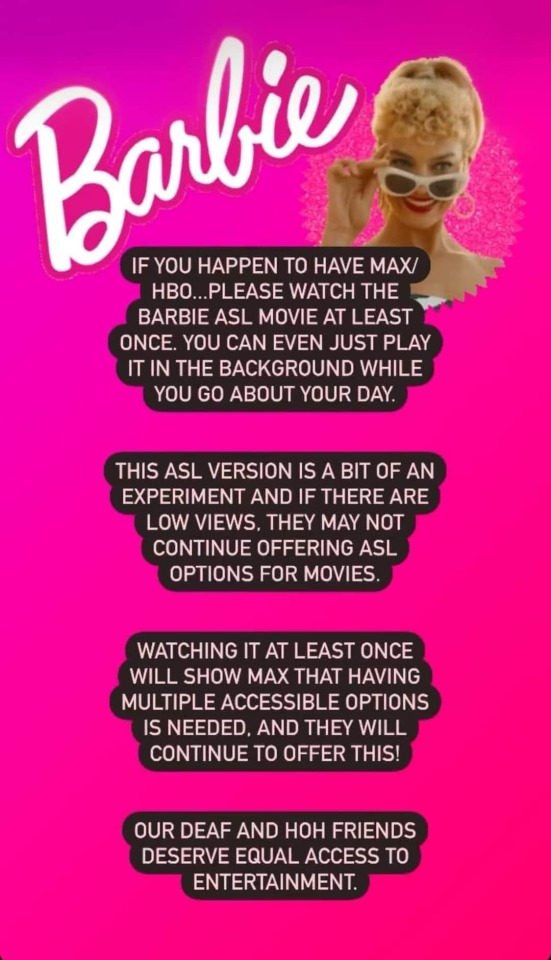
From Misa on Wheels
24K notes
·
View notes
Text
Man unintentionally teaches his Corgi sign language! 😊 Follow me for more smart puppers!
#funny#cute#pets#animals#humor#comedy#dogs#jokes#lol#positivity#memes#love#meme#haha#hilarious#life#omg#adorable#family#dogs of tumblr#wholesome#doggo#cute animals#dog#aww#lmao#deaf#sign language#american sign language
13K notes
·
View notes
Text
Doctor Who is celebrating 60 years by releasing over 800 episodes on BBC iPlayer.
The sci-fi fantasy show first premiered in 1963 and has cemented itself as a permanent fixture in pop culture history. This fall, fans will be able to stream the entire 800-plus episode series along with spin-offs like Sarah Jane Adventures, Torchwood, and Class, and the behind-the-scenes series Doctor Who Confidential.
Each Dr Who episode will be made accessible for all Whovians, with subtitles, audio description, and sign language options available for the very first time.
30K notes
·
View notes
Text
this is a niche one but instead of "they would not fuckin say that" it's "they would not fucking use American sign language".
ASL is not the only sign language. two british characters in your fanfiction would not be using ASL. England in fact has its own kind of sign language, BSL, that forms a sign family with many other sign languages around the world.
ASL isn't even the original member of its sign family, it comes from french sign language. do you know sign languages aren't related to spoken languages? that's an important one! it's not a direct 1:1 with people speaking English around the world. people in other countries don't learn ASL just in case they run into an usamerican or Canadian (who do often use it)
i know the entire world is the USA or whatever and sign languages do sometimes borrow from ASL for signs they don't have, but please be aware that there are other sign languages and families in the world that are not in fact ASL.
11K notes
·
View notes
Text
Oklahoma School for the Deaf has opened up FREE ASL COURSES for the Fall season this new school year and anybody can join. The courses close on December 31st of this year (2023) so if you've been thinking about learning ASL here is your opportunity to get professional lessons for FREE
If you're interested, here's the link: https://courses.osd.k12.ok.us/collections
This is a GOLDMINE for information because not only do you get free video lessons by professionals that you can do at your own pace, but there's also graded quizzes as well as resources to educate you on the history of Deaf culture as well as sub-communities within, with links to loads of different websites to read up on Deaf-related topics.
25K notes
·
View notes
Text
When I’m out with Deaf friends, I put my hearing aid in my purse. It removes any ability to hear, but far more importantly, it removes the ambiguity that often haunts me.
In a restaurant, we point to the menu and gesture with the wait staff. The servers taking the order respond with gestures too. They pantomime “drinks?” and tell us they learned a bit of signs in kindergarten. Looking a little embarrassed, they sign “Rain, rain, go away, come again another day” in the middle of asking our salad dressing choice. We smile and gently redirect them to the menu. My friends are pros at this routine and ordering is easy ― delightful even. The contrast with how it feels to be out with my hearing husband is stunning.
Once my friends and I have ordered, we sign up a storm, talking about everything and shy about nothing. What would be the point? People are staring anyway. Our language is lavish, our faces alive. My friends discuss the food, but for me, the food is unimportant. I’m feasting on the smorgasbord of communication ― the luxury of chatting in a language that I not only understand 100% but that is a pleasure in and of itself. Taking nothing for granted, I bask in it all, and everything goes swimmingly.
Until I accidentally say the word “soup” out loud.
Pointing at the menu, I let the word slip out to the server. And our delightful meal goes straight downhill. Suddenly, the wait staff’s mouths start flapping; the beautiful, reaching, visual parts of their brains go dead, as if switched off.
“Whadda payu dictorom danu?” the server’s mouth seems to say. “Buddica taluca mariney?”
“No, I’m Deaf,” I say. A friend taps the server and, pointing to her coffee, pantomimes milking a cow. But the damage is done. The server has moved to stand next to me and, with laser-focus, looks only at me. Her pen at the ready, her mouth moves like a fish. With stunning speed, the beauty of the previous interactions ― the pantomiming, the pointing, the cooperative taking of our order ― has disappeared. “Duwanaa disser wida coffee anmik? Or widabeeaw fayuh-mow?”
Austin “Awti” Andrews (who’s a child of Deaf adults, often written as CODA) describes a similar situation.
“Everything was going so well,” he says. “The waiter was gesturing, it was terrific. And then I just said one word, and pow!! It’s like a bullet of stupidity shot straight into the waiter’s head,” he explains by signing a bullet in slow motion, zipping through the air and hitting the waiter’s forehead. Powwwww.
Hearing people might be shocked by this, but Deaf people laugh uproariously, cathartically.
“Damn! All I did was say one word!” I say to my friends. “But why do you do that?” they ask, looking at me with consternation and pity. “Why don’t you just turn your voice off, for once and for all?” they say.
Hearing people would probably think I’m the lucky one ― the success story ― because I can talk. But I agree with my friends.
— I'm Deaf And I Have 'Perfect' Speech. Here's Why It's Actually A Nightmare.
#rachel zemach#austin andrews#disability#ableism#deafness#sign language#speech#asl#american sign language
35K notes
·
View notes
Text
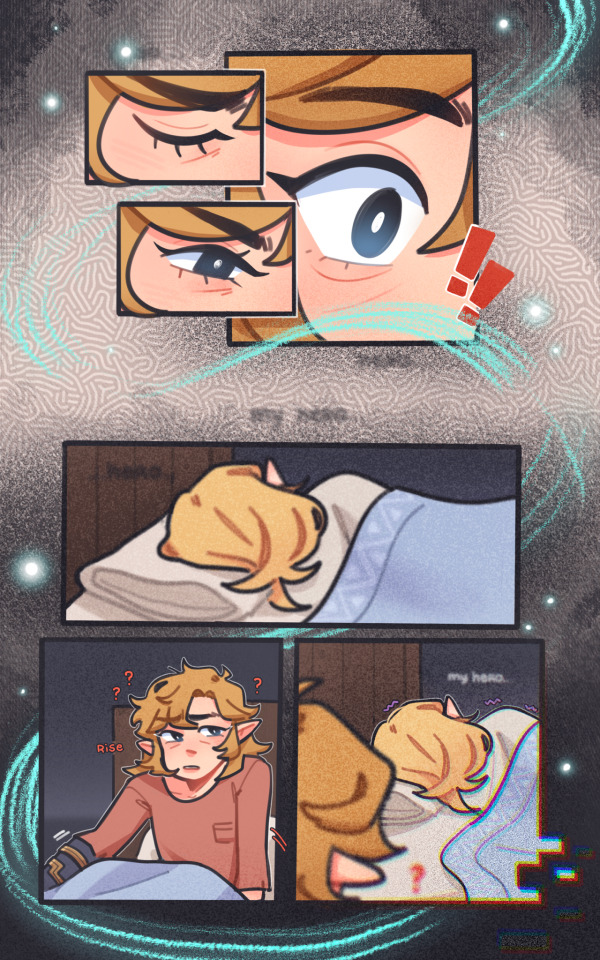
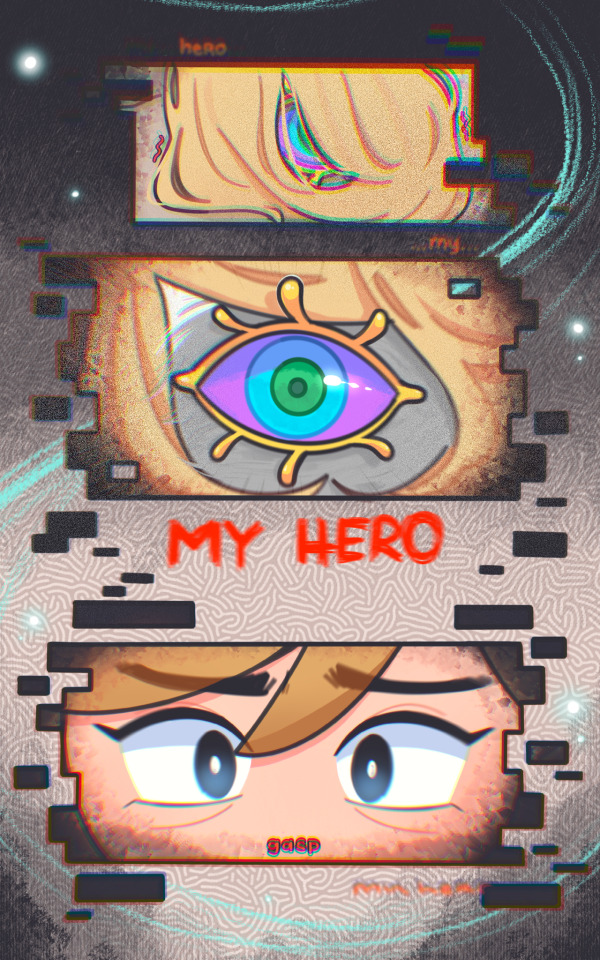
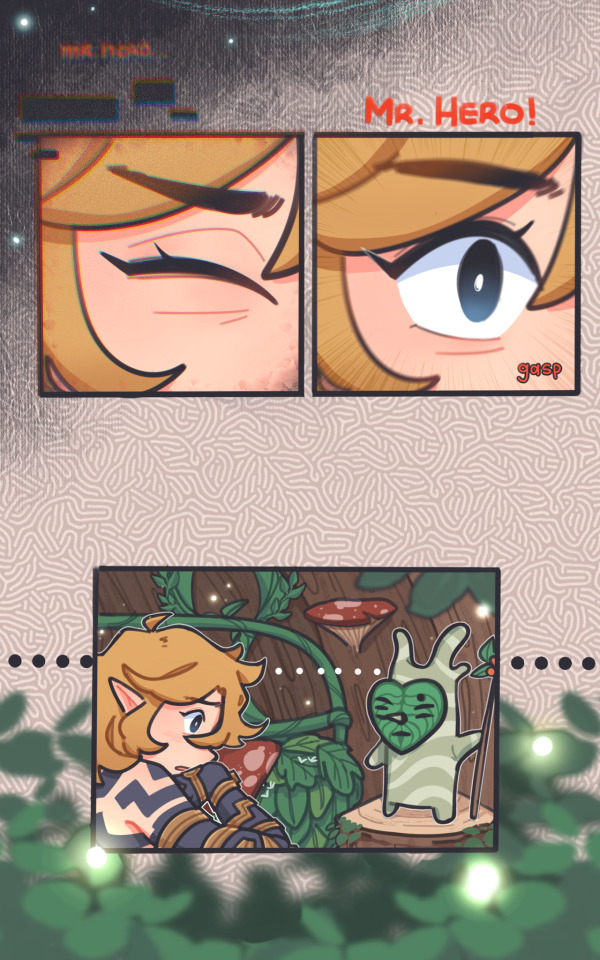
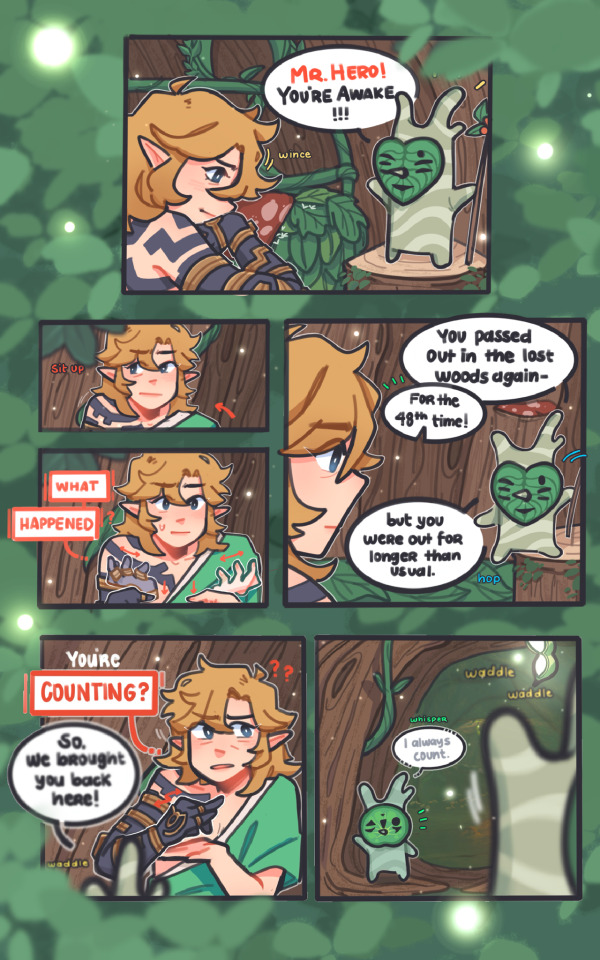
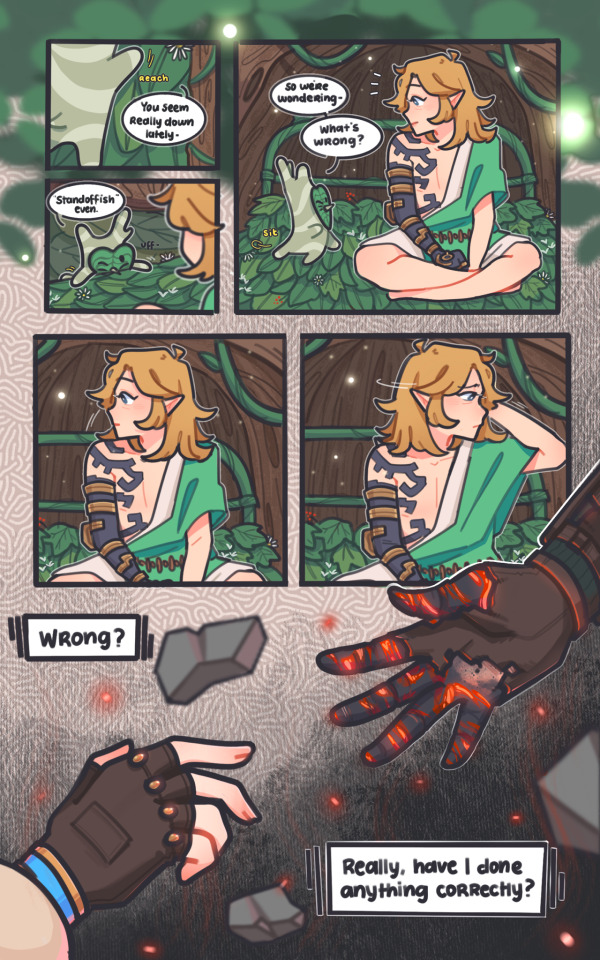
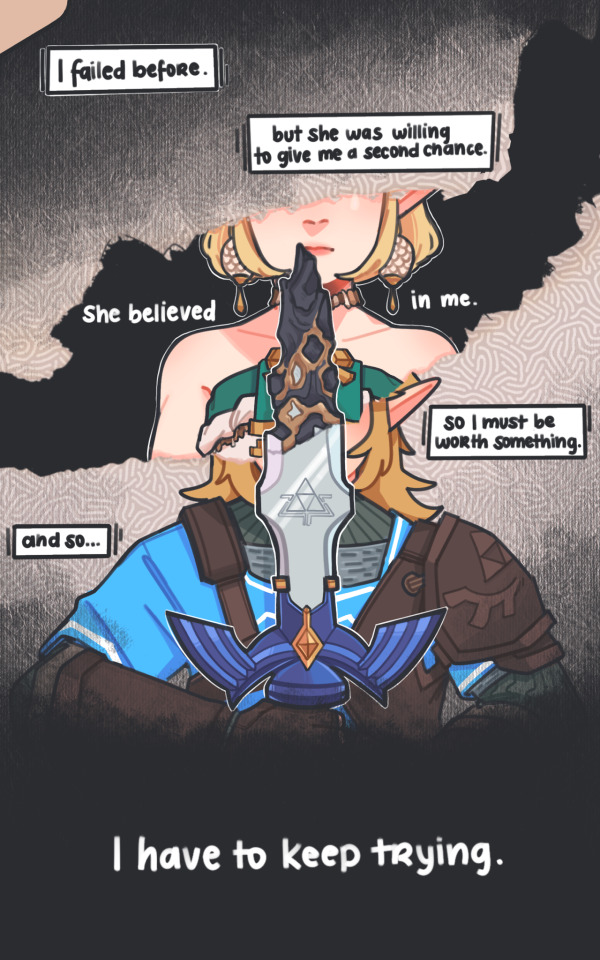
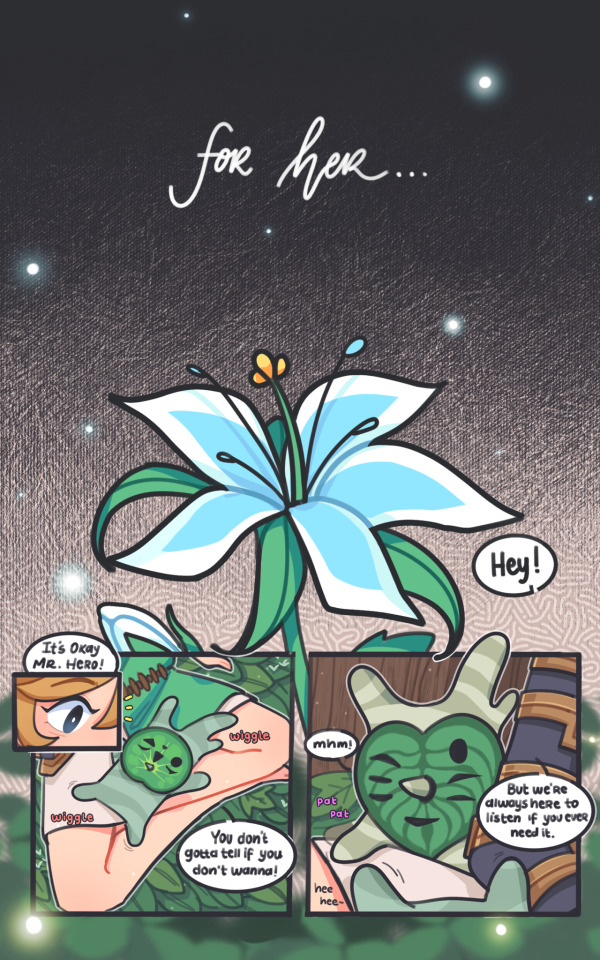
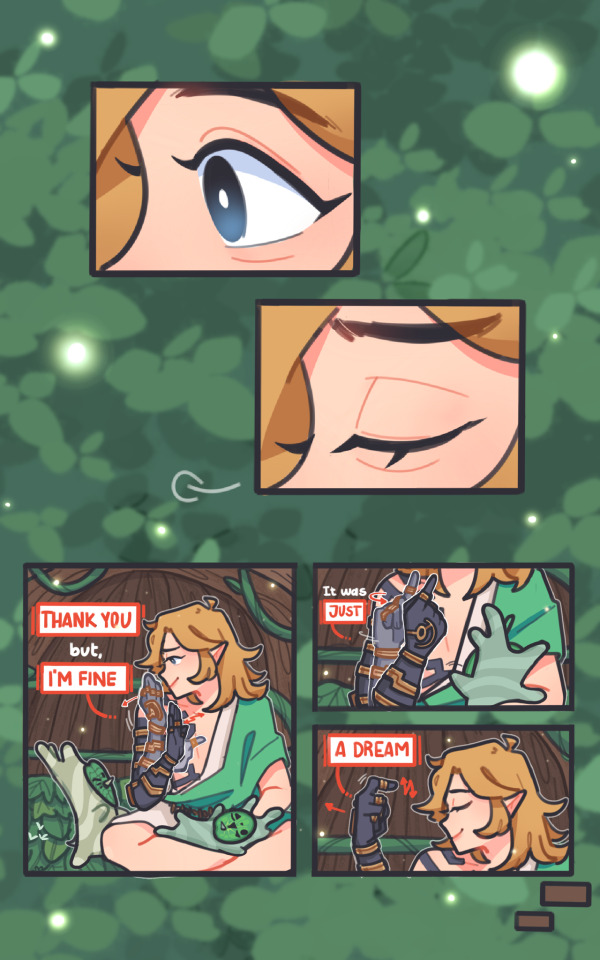
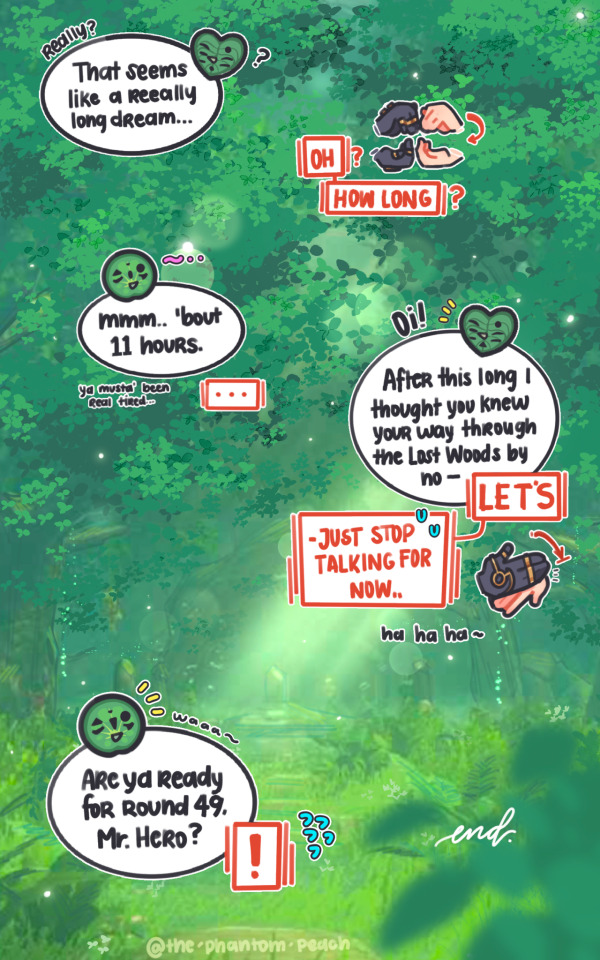
“for her”
-🍃
the burden of failure and fear of disappointment. sometimes ya just gotta keep it to yourself
#tfw you have lovely dreams about your girlfriend liek if you agree <3#sorry I just like being miserable about my comfort characters#you all asked for more signing link n koroks so I hope this counts#the legend of zelda#legend of zelda#tears of the kingdom#breath of the wild#tloz#loz#totk#botw#totk korok#totk link#totk Zelda#korok#link#Zelda#totk zelink#zelink#sign language#asl#signing link#mute link#loz art#tloz art#nintendo#art#my art#HEEEEELLLLLLL YEAHH I GOT THIS BICTH OUT OF MY DRAFTS WOOOO#onto bigger and better things (staring at the wall for an hour)
5K notes
·
View notes
Text
-fae
12K notes
·
View notes
Text
from Flyers For Falastin, made by Amal Jamaludin
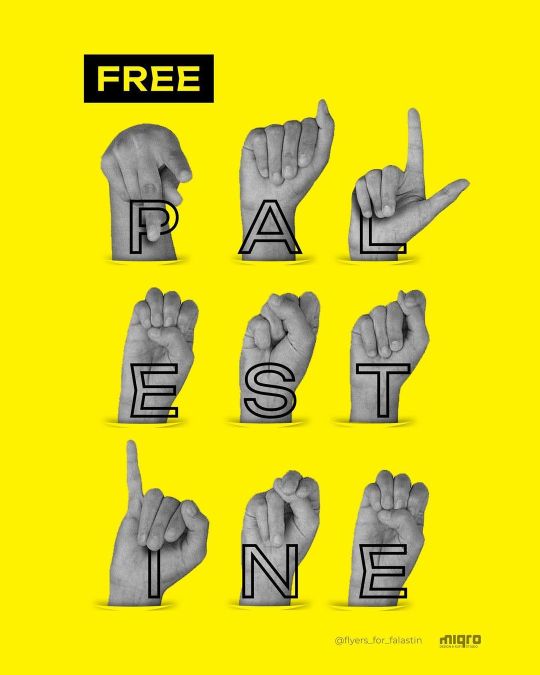
#sign language#asl#american sign language#palestine#free palestine#gaza#free gaza#from the river to the sea palestine will be free#i stand with palestine#rafah#save rafah
3K notes
·
View notes
Text

And then he just poofs away never to be seen again (hopefully his soul can rest amiright)
Last part to those two drawing of ghost child link guiding wild,,, I saw a reblog where it said he’d finally go home and that kinda destroyed me ngl
(I didn’t feel like drawing korok forest for this but that’s where this takes place. Right in front of the Deku tree.)
He’s just a kid man damn,,, also my time doesn’t speak in sign language but it somehow felt right here, so maybe he can’t talk as a ghost and has to? Up to u
TIME LINK: PART 1 , PART 2 (not a comic, just concept art with multiple parts) + a lil doodle
#art#drawing#zelda fanart#legend of zelda#digital art#link#fanart#zelda#link fanart#child link#oot#majoras mask link#majoras mask#ghost#time link#totk#deku tree#korok#totk korok#korok forest#lost Woods#sign language#my art
2K notes
·
View notes
Text
Write more Deaf characters!
[Large Text: Write more Deaf characters!]
When answering questions about deaf and hard of hearing characters, I have noticed they are overwhelmingly about:
A character who is deaf in one ear or hard of hearing because of an accident
A character who was born deaf and knows sign language, but seems to have 0 connection to the broader Deaf community
This is not the experience of most d/Deaf people! So, here's your primer to Deaf community and culture, and writing a Deaf character, because they are sorely underrepresented.
(Disclaimer: this post was written using viewpoints I, a singular Deaf person in the United States, have encountered. I tried to make this as general as possible to encompass many Deaf views, but it is possible that I have misconstrued something. Do not take this guide as the be-all and end-all of your knowledge on Deaf culture. Keep reading and researching the Deaf community, and explore viewpoints from many different Deaf people of all backgrounds.)
Why do you write Deaf with capital D?
[Large Text: Why do you write Deaf with capital D?]
The term "deaf" with the lowercase d means not being able to hear. The term "Deaf" with an uppercase D refers to the cultural identity formed by deaf people. This identity is difficult to explain but it includes knowing sign language and engaging with other Deaf people.
There are varying opinions within the Deaf community on who is allowed to call themselves culturally Deaf. Some Deaf believe that only those who were born into the Deaf community (whose family is Deaf, who attended a Deaf school, and/or who have sign language as a first language) are allowed to consider themselves culturally Deaf. On the 'flip' side, some Deaf believe that anyone with hearing loss can claim the label. And of course, you can find someone Deaf with any opinion in between.
This is all intracommunity nuance. If your character is born deaf and learns sign language at a young age or as a first language, they are likely culturally Deaf.
Sign Language Use
[Large Text: Sign Language Use]
Sign languages are the language of Deaf communities. (Note that there are many sign languages in different regions, and they are not related in the same way spoken languages are!)
Most sign languages did not originate alongside spoken language, either, so they usually have different grammar than the spoken language in a region. This means that someone whose first language is sign may have difficulty learning even the written version of the spoken language due to the different grammar and translation. For native signers, the spoken language of their area is their second language.
Sign languages are fully developed languages, with grammar and structure. Sign language is not "less" than spoken language, and encouraging sign language does not discourage speech. (Even if it did, that's not a bad thing! Sign languages are still a valid and rich communication form!) Sign languages have slang and expressions/idioms too.
Sign languages typically have a "manual alphabet" otherwise known as "fingerspelling". This is a way to represent words that don't have a sign. Fluent signers very rarely fingerspell; normally fingerspelling is for proper nouns which don't have a name sign.
Name signs are the last big point I want to cover about sign language. A name sign is a way to refer to someone so you don't have to spell their name every time. It's usually related to someone's attributes, like dimples or a specific way of moving. Sign names can only be given by Deaf people who are fluent in sign language.
Deaf Education
[Large Text: Deaf Education]
For a long time, deaf people were considered unable to learn, just because they couldn't hear. And since 1880, for about 100 years and even still today, the prevailing tradition in deaf education was/is oralism--a teaching method based on speech that rejects sign language.
Historically speaking, if deaf children were to receive an education, they would be sent to a Deaf residential school. These still exist, although there are also many Deaf schools that are typical day schools, just for d/Deaf/hoh students.
Deaf children may also attend "mainstream" schools; they might have sign language interpreters and other accessibility accommodations, or they may be forced to rely on lipreading and context, or placed in special education where their needs often still are not met.
Oralism still has lasting effects today. Deaf people have received, and still do receive, worse education than hearing people.
One common problem is language deprivation. Many deaf children grow up without access to sign language. About 90% of deaf people are born to hearing parents; even if hearing parents do send their deaf kids to a Deaf school, they may not learn sign language themselves, so the child must rely on what they can gather of spoken language at home. Sign language is even discouraged by some audiologists and speech professionals, because it "might interfere with speech". But by depriving deaf children of sign language, more often than not, they are being deprived of all language.
People who are born deaf do not learn spoken language naturally, even when provided with aids like hearing aids and cochlear implants. Many deaf kids who learn speech learn it through extensive speech therapy, and often have a "deaf accent" from copying mouth shapes but not being able to hear or process what sounds they are making, which may also include having an atypically pitched voice (e.g., very high-pitched). Lip-reading is inaccurate and the best lip-readers can only follow about 30% of a conversation, and that's by intently watching with no breaks.
It is possible to learn a language at any age. But it is easiest to pick up a new language when one is young. Children who do not learn a first language by around age 5--the age at which they would start school--have more difficulty learning any language, and may have frequent outbursts or trouble expressing emotions as a result of communication difficulties.
Another problem, especially within the Deaf community, is literacy. Spoken languages are often unrelated to the signed language of the same region. Learning to read and write, as a Deaf child, is like learning a whole new separate language, with different grammar and structure than their native language. This is why captions are not a perfect accessibility tool--it is, for many Deaf people, being offered an alternative in their second language, if they have learned to read and write at all.
Deaf Culture Norms
[Large Text: Deaf Culture Norms]
To hearing people, Deaf conversation can seem very blunt and to the point. This isn't to say Deaf people are inexpressive--quite the opposite: sign languages often use facial expressions as part of the grammar, and there is a lot of expression that can be incorporated into a sign--but there isn't a lot of "talking around" things. You can see part of this culture in name signs, which are usually based off a trait of the person. It's not offensive--it's just how they're recognized!
Another conception is of Deaf people being over expressive, but again, that is just part of sign language grammar. Face and body movements take the place of tone of voice, as well as other grammatical clarifications.
Deaf people talk a lot! It's very hard to end a conversation, because there will always be something else to say or a new person to meet. Hugging and other physical touch are really common greetings.
Tapping people on the shoulder to get their attention is fine. Other ways include flicking the lights or rattling a surface (for vibrations). Eye contact while signing is also important to make known that you are listening. Groups of Deaf people will sit in a circle so everyone can see everyone else. It's rude to talk in a Deaf space. If you are lost in the conversation, you'd ask if you can write or type instead.
Deaf Space also refers to design concepts that are more accessible to deaf people. This includes good lighting, minimal signing-height visual obstacles (e.g., low waist-height shelves), visual indicators instead of bells, open spaces so people can sit in a circle to talk, and automatic doors and wide hallways/passages so it is easier to continue a conversation while walking.
It's also very rude to comment on a Deaf person's voice. Do not mention you're surprised they can speak. Do not call their accent "cute" or "weird" or anything like that. Do not ask them to speak. Do not say their voice sounds really good ("for a deaf person") or that you wouldn't be able to tell they are deaf.
Deaf Views on Deafness
[Large Text: Deaf Views on Deafness]
The Deaf community is incredibly proud of their Deafness. You'll often hear the phrases "hearing loss = deaf gain" or "failing a hearing test" as "passing the deaf test". Continuing the Deaf community and culture is highly valued, and learning sign language is encouraged for everyone.
Many people in the Deaf community dislike cochlear implants as their success is incredibly variable and they require invasive surgery and therapies from a young age. Another big argument against CI is that they are often presented as the only or the first option to hearing parents, who misunderstand CI as a "cure" and then do not give their child access to sign language.
Deaf people also reject any sort of cure for deafness, especially genetic therapies. Many Deaf people do not think of their Deafness as a disability.
(Deaf people will often point out the advantages of Deaf culture and sign language, such as being able to talk over long distances, through windows, and even underwater.)
Most hard of hearing and some deaf people have hearing aids, although it is really an individual choice whether or not to wear them. Many d/Deaf/hoh people are overwhelmed and startled very easily by noise (since they're not used to that much auditory input) and get tinnitus from auditory overstimulation. They may also struggle with auditory processing--locating sounds, interpreting sounds, recognizing and interpreting speech, and other issues.
The Deaf community doesn't have any general complaints about hearing aids, just many prefer not to wear them. Do know that they are an imperfect aid; they just amplify sound, which doesn't improve processing or understanding, and it doesn't make people hearing. Not everyone even benefits from hearing aids--their specific hearing levels may make hearing aids a bad choice of aid.
A big point you'll hear in Deaf spaces is Deaf Can (and Deaf Power). Hearing people have historically treated deafness as a sign of incapability, but Deaf people can do everything hearing people can--except hear.
Myth Busting
[Large Text: Myth Busting]
Myth #1: All Deaf people are completely deaf. This is very far from the truth! Most deaf people have some degree of residual hearing, although this may require very loud sounds and/or at very specific pitches. Plus, there are many culturally Deaf people who are not deaf/hoh at all--CODAs, hearing children born to Deaf parents, are part of the Deaf community.
Myth #2: (Non-speaking) Deaf people do not make noise. Also very far from the truth! First off, Deaf people laugh. Many Deaf people also vocalize without knowing or intending, especially when excited. We can get very loud!
Myth #3: (Speaking) Deaf people talk loudly. While this can be true, often d/Deaf people talk more quietly than expected. This is because with severe to profound levels of deafness, no speaking volume is really going to be audible, so they will often rely on feeling vibrations in their throat to know if they're making noise. Vibrations are detectable at lower volumes than hearing people like to listen to.
Myth #4: Deaf people can't drive. I actually have no idea where this one came from but it's false. Deaf people can absolutely drive, and tend to have a lower rate of accidents and violations than hearing drivers. There is a common trend of treating d/Deaf people like they can't do things unrelated to hearing, but deafness on its own only affects hearing.
Deaf Struggles in the Hearing World
[Large Text: Deaf Struggles in the Hearing World]
A huge problem is just basic accessibility. Many places do not have captions or visual indicators, or rely on hearing (like drive-throughs). Movie open caption screenings are often at awkward times, and caption glasses are hard to find or access and awkward to wear.
Deaf people are also at increased risk of police violence. Police often treat signing as aggression, rather than attempts to communicate. When they yell, talk quickly, or shine a flashlight in Deaf people's faces, it's even harder to understand what is going on. Deaf people are also not often provided with a qualified interpreter and may not understand what is going on or why they were arrested.
Deaf people, specifically those who are mainly kept in the hearing world, have higher rates of drug use and addiction.
Hearing people also treat Deaf people as incapable or lesser. Gallaudet University had only hearing presidents until 1988 after the Deaf President Now protests; then-chair of the board at GU said in a statement that received heavy backlash from the students, "deaf people cannot function in the hearing world".
When writing your Deaf character:
[Large Text: When writing your Deaf Character:]
Were they born to hearing parents or to Deaf parents? (90% of deaf children are born to hearing parents.) Is anyone else in the family d/Deaf?
At what age was their deafness noticed? (It can be at birth, or it can take several years, even for children born deaf.) Is their hearing loss progressive? Is their hearing loss significantly different in each ear?
Were they eligible for cochlear implants? Did they get CI? Did they get hearing aids? (Consider cost as a factor: CI requires the surgery as well as intensive speech therapy; hearing aids are also expensive and can need replacement and refitting.) How well do the aids work for them? Do they have them in one or both ears?
What advice did their family receive from audiologists and speech therapists about sign language and communication, and did their family listen? Did they learn sign language? At what age? Did their parents and family learn sign language? Are they language-deprived? Did they go through speech therapy? What is their speech like? Do they like using their voice?
Did or do they attend Deaf school? Is it residential or day school? If it's residential, did they understand what was happening when they were dropped off? Does the school use sign language or rely on oralism? (Consider time period; most schools now use sign language, but from 1880-about 1980 the predominant method was oralism.)
If they don't attend a Deaf school, what accommodations are they receiving in mainstream setting? Are they in special education? Are they in a Deaf program at a mainstream school? Do they have an interpreter? How much do they understand what is going on in class?
How involved are they in Deaf community and culture? Are their friends and family involved and supportive of the Deaf community? Do they treat deafness like something to cure? Do their friends and family frequently ignore or "forget" that they are deaf?
In general, consider their scenario, what ableism they've faced, and what their Deaf identity is.
Happy writing, and please continue to send in your questions!
Mod Rock
#mod rock#writing guide#writing resources#deaf character#cultural deafness#sign language representation#long post
2K notes
·
View notes
Text
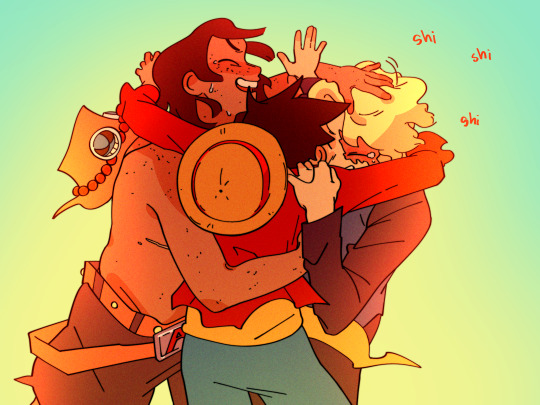
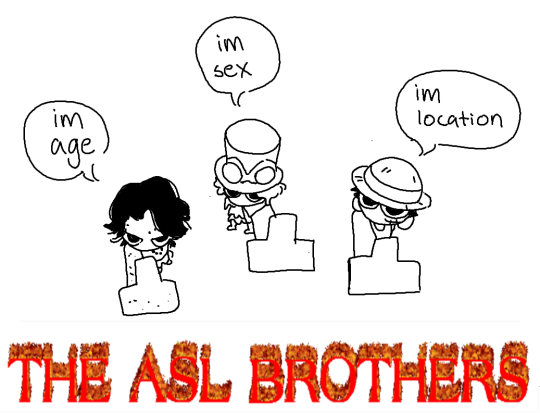
:O ..brothers...
#one piece#luffy#monkey d. luffy#straw hat luffy#portgas d ace#revolutionary sabo#sabo#asl brothers#my art#that second one has been stuck in my head for literal months lol#before i got to marineford ahgjslkg#i have no idea if its been done already or if its even funny but i had to get it out there#the other option is american sign language ofc
3K notes
·
View notes
Text
DSMP asl HCs

AU where Tommy is profoundly deaf and always getting yelled at for being loud, but he claps back with “IM DEAF, SUCK IT UPPP!!!!”
also clarification: Tommy in this au uses ASL but in-universe it’s just generally referred to as ‘sign’ even though I know realistically, it’d probably be BSL. I do not know BSL. 😭 so for my sake he’s using AS
Tubbo learned sign language for him, but isn’t fluent yaya. Techno learned his from a book (for tactical reasons because communicating silently and effectively is really useful) but he gets a lot of it wrong. Phil has the same issue of using signed exact English/incorrect motions for signs, but they’re catching up.
techno is probably a fucking polyglot so it’s not that big of a problem 😭😭 oh and Ranboo goes nonverbal when overstimulated!! And uses rudimentary sign language to communicate.
#i mean what no these are my OCs trust trust#tommyinnit#tommy innit#tom simons#quackity fanart#dsmp au#dsmp art#dsmp fanart#dsmp#tubbo#tubbo fanart#mcyt#mcyt fanart#tommyinnt fanart#american sign language#asl#deaf
2K notes
·
View notes
Text
Lowland gorilla at Miami zoo uses sign language to tell someone that he's not allowed to be fed by visitors.
(Source)
#gorilla#gorillas#wildlife#animals#ape#apes#monkeys#aww#cute#wholesome#sign language#video#babyanimalgifs
2K notes
·
View notes